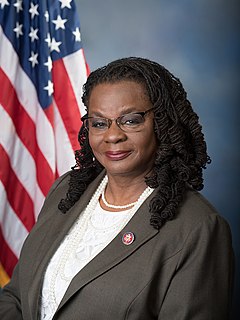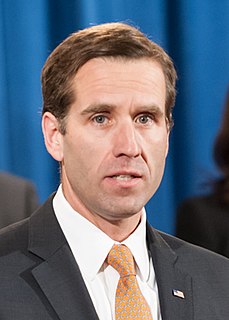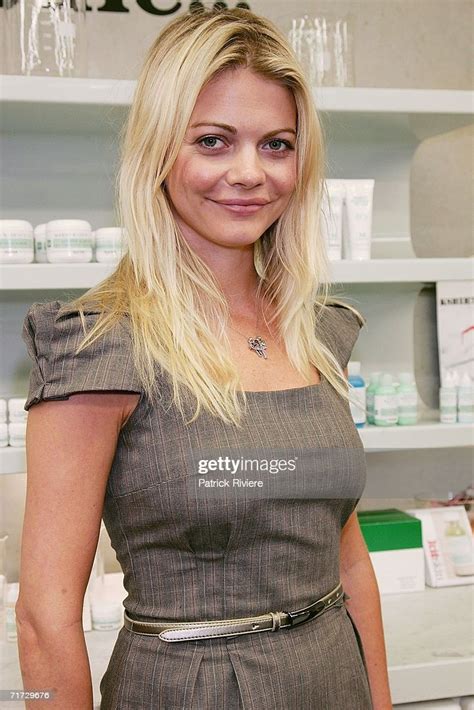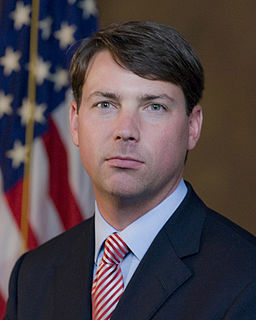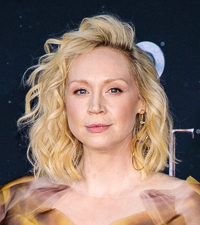A Quote by Deb Haaland
The Violence Against Women Act didn't have specific provisions for Indian country until 2013, which is really sad. It's Native women who are the most vulnerable.
Related Quotes
Although I haven't experienced violence in a relationship, I know that two women every week in England and Wales are killed by their partner or ex-partner, and that unless we act now, many more women will die because of domestic violence. We must speak out now against all forms of domestic violence, not only physical abuse but also the emotional, sexual and financial abuse which means that many women are afraid to be at home with their partner.
Violence against women continues to persist as one of the most heinous, systematic and prevalent human rights abuses in the world. It is a threat to all women, and an obstacle to all our efforts for development, peace, and gender equality in all societies. Violence against women is always a violation of human rights; it is always a crime; and it is always unacceptable. Let us take this issue with the deadly seriousness that it deserves.
The United Nations defines violence against women as any act of gender-based violence that results in, or is likely to result in, physical, sexual or mental harm or suffering to women, including threats of such acts, coercion or arbitrary deprivation of liberty, whether occurring in public or in private life.
Women do not enter a profession in significant numbers until it is physically safe. So until we care enough about men's safety to turn the death professions into safe professions, we in effect discriminate against women. But when we overprotect women and only women it also leads to discrimination against women. ...If [an employer works] for a large company for which quotas prevent discrimination, they find themselves increasingly hiring free-lancers rather than taking on a woman and therefore a possible sexual harassment lawsuit.
He had heard her say, so many times, that a society that approved of making abortion illegal was a society that approved of violence against women; that making abortion illegal was simply a sanctimonious, self-righteous form of violence against women- it was just another way of legalizing violence against women, Nurse Caroline would say.
For most of recorded history, parental violence against children and men's violence against wives was explicitly or implicitly condoned. Those who had the power to prevent and/or punish this violence through religion, law, or custom, openly or tacitly approved it. .....The reason violence against women and children is finally out in the open is that activists have brought it to global attention.
I have been working with Women's Aid since 2003 when I became the charity's first Ambassador, and am so pleased to be able to be a part of the 'Real Man' campaign against domestic violence. I studied domestic violence at university and feel passionately that we need to raise awareness of violence against women and children and refuse to ignore it. Just by speaking out against domestic violence and being supportive of those directly affected we can all make a positive difference.

